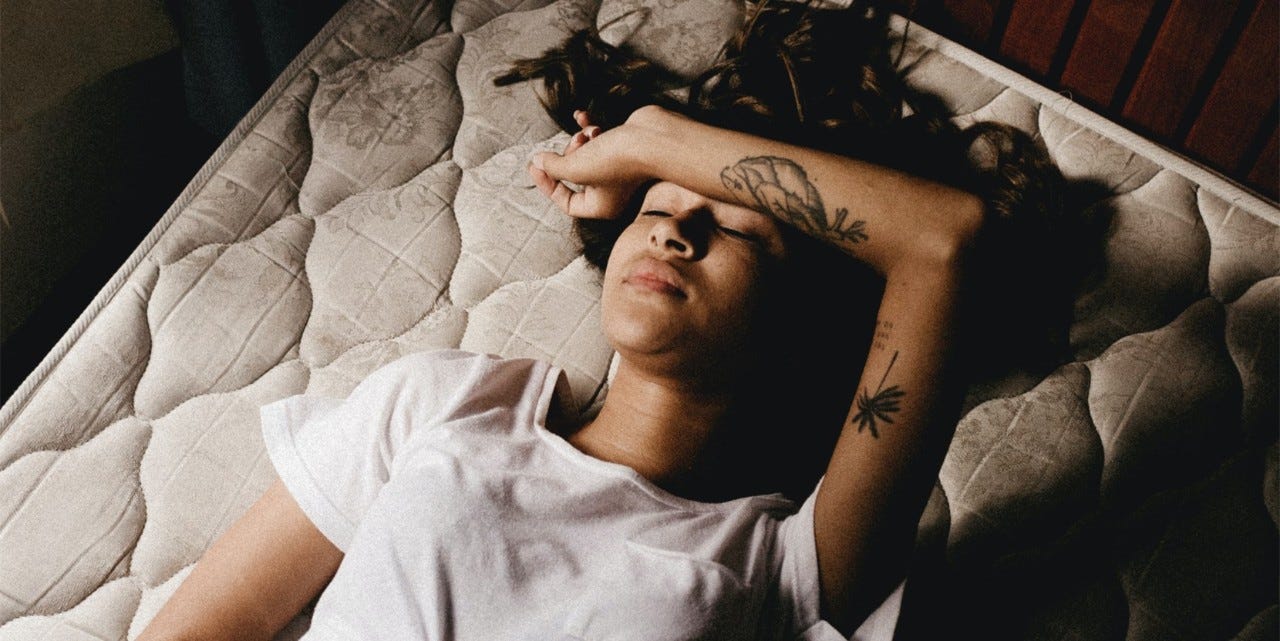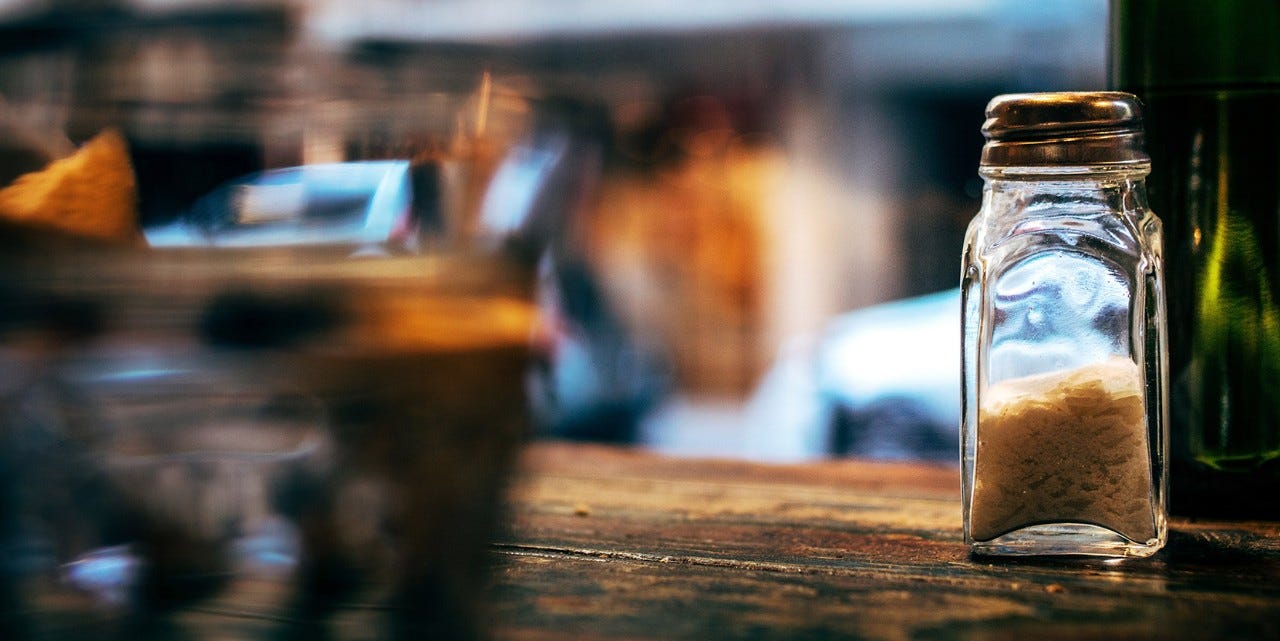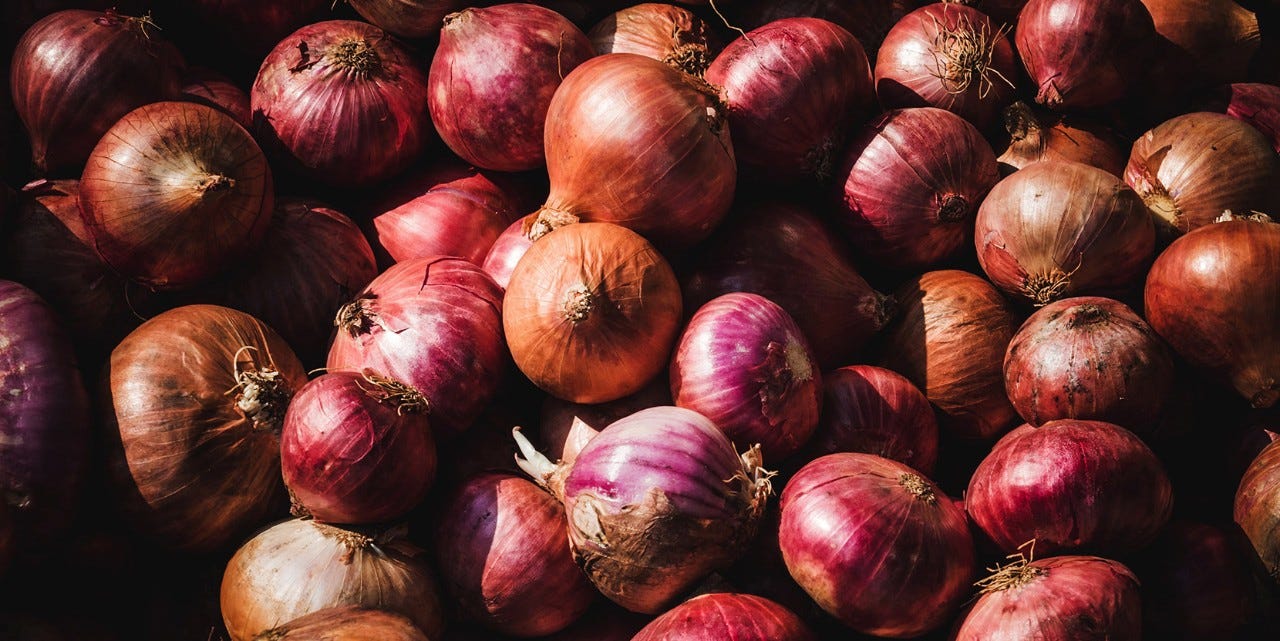Home remedies for migraines
Migraines often start suddenly, can be very painful and sometimes last several days. Some home remedies can alleviate the symptoms.

A migraine isn’t “just” a headache, but rather a chronic neurological disorder with intermittent malfunction of the brain. The one-sided, pulsing headache is often accompanied by nausea, vomiting and hypersensitivity to sounds, smells and light. With some people, the migraines are often preceded by impaired vision and/or speech, loss of appetite or sensory disturbances. Unfortunately there usually isn’t a cure in the traditional sense, but there are a number of good and effective tricks to help ease migraines. People who suffer from migraines also often turn to alternative medical treatments and therapies in addition to medication. Home remedies can also help.
-
Lay down in a dark room
If you feel a migraine coming on, try to reduce all external stimuli as soon as possible. Darken the room, turn off the ticking clock and lie down. Sleep is often the best cure.
-
Get balance in your life
Get into a steady routine Go to bed at the same time every day. Try to make sure you have enough time to relax during the week. Migraines often occur at the weekend when your body and mind are trying to recover from a stressful working week or demanding daily routine.
-
Cool compresses
Cold helps ease the pain. When a migraine starts, try to place a cool compress on your forehead as soon as possible.
-
Footbath
Dip your feet in cold or alternating cold/warm water. With the cold footbath: Place your feet in the water for no more than a minute and no more than three times a day. Make sure your feet aren’t cold beforehand.
-
Black coffee with a shot of lemon juice.
With mild migraines, drinking a cup of black coffee with the juice of half a lemon can help. Caffeine helps narrow the blood vessels that are dilated as a result of the migraine, while vitamin C promotes the formation of a substance produced by the body that helps ease the headache.
-
Cinnamon and cloves
Some people find that cloves or cinnamon help ease headaches. The two spices can be used in different ways, for example in meals or drinks. You can also chew on cloves and then spit them out.
-
Prevention
Migraines are hereditary. Women are three times more likely to suffer from migraines than men. The good news is that migraines often decrease or disappear altogether as you get older. Migraines can be triggered by any number of factors: light, noise, weather, hormonal changes, hunger, different types of food or stress. One solution is to identify your triggers using a migraine journal and then try to avoid them, for example by avoiding specific noises or eating regularly. You can also use relaxation techniques, such as progressive muscle relaxation, yoga or autogenic training. Make sure you get out into the fresh air often and get enough exercise. This helps prevent migraines.



